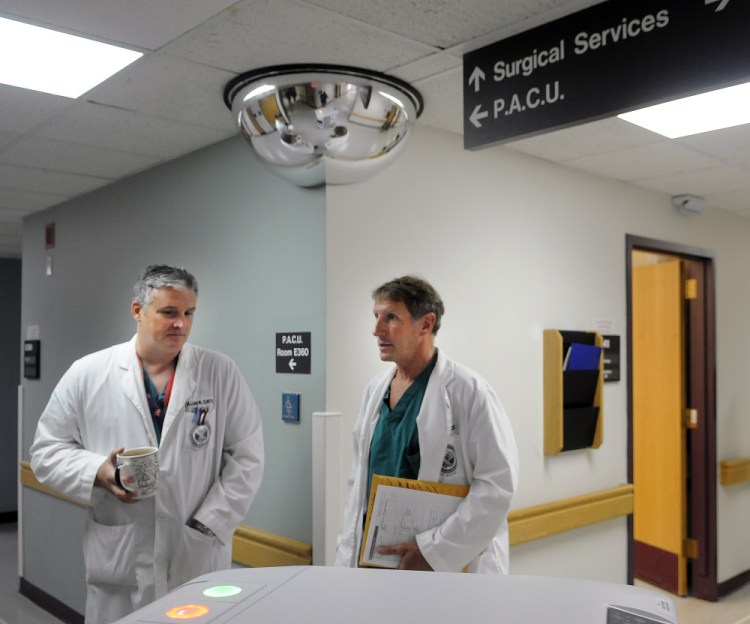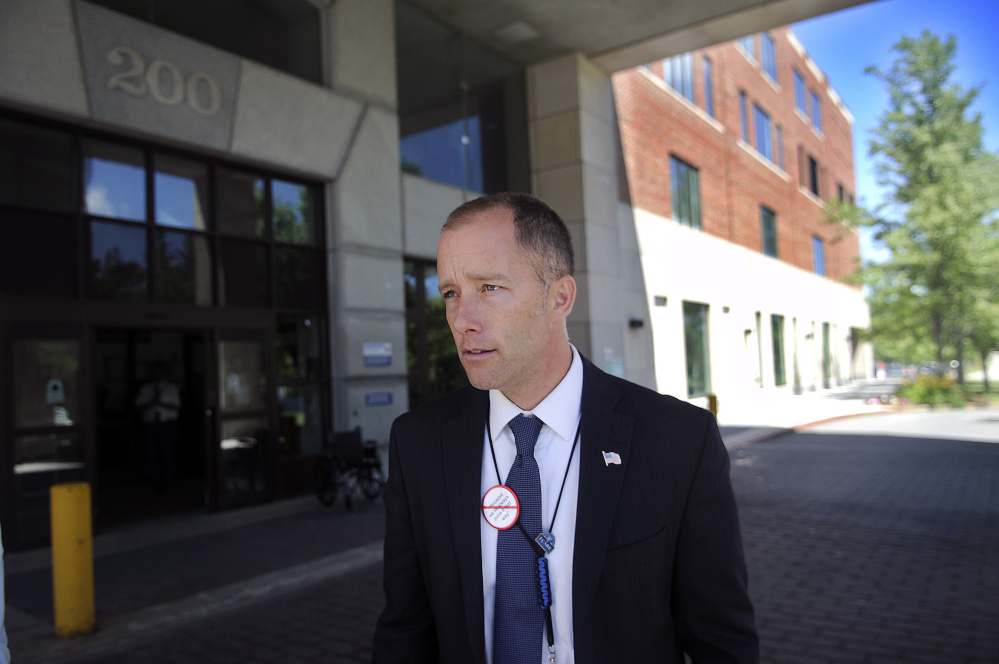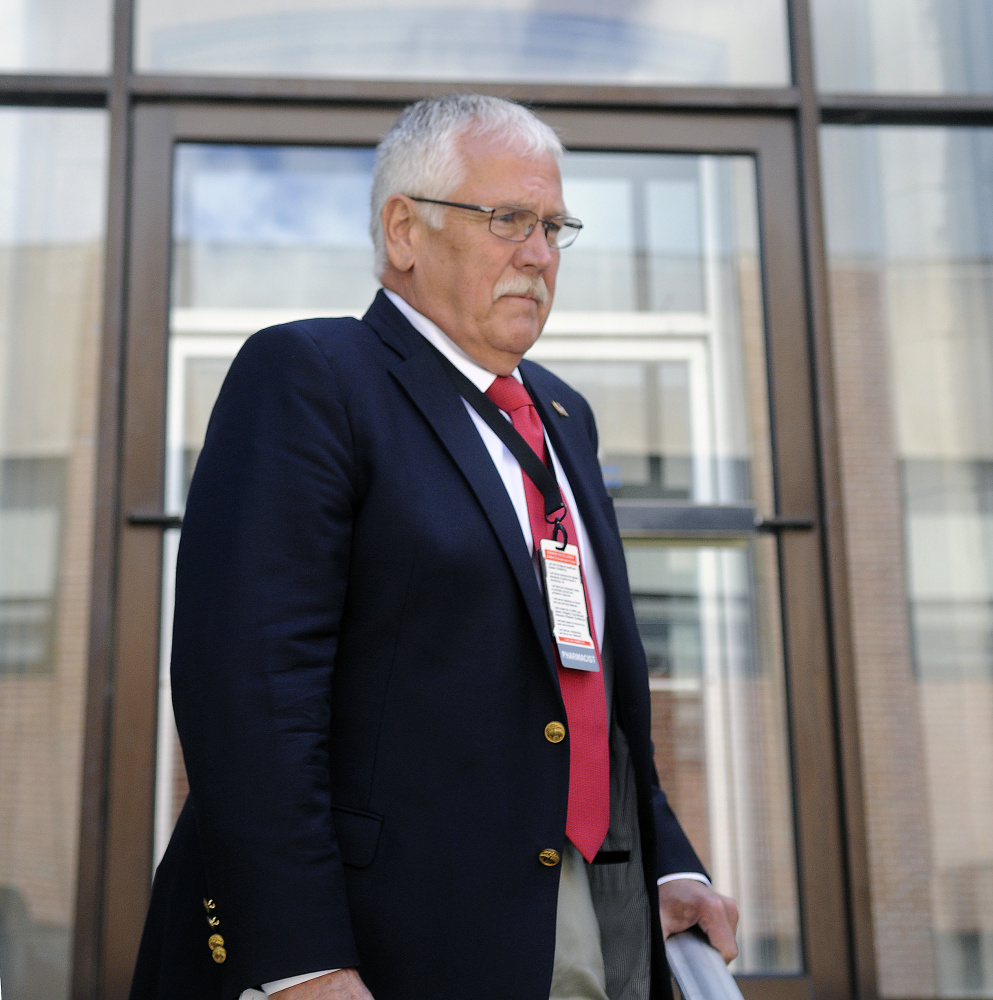AUGUSTA — After a set of state and national reports detailed problems with the VA Maine Healthcare System in the last couple years, the system has made improvements in the quality and timeliness of its services, officials said during an informal news briefing Monday at the Togus campus.
The system, like many around the country, has been under state and national scrutiny, with federal watchdogs and the system itself finding that Maine veterans had trouble accessing health care in a timely manner.
In January, a report by the VA Maine Healthcare System found that just half of Maine veterans had received appointments after applying for care under Health Net, a service that started in 2014 to allow them to seek treatment outside the federal system.
And one year ago, a federal watchdog agency found that inappropriate scheduling practices and other problems at Togus had contributed to delays for veterans seeking care.
But the system has hired almost 200 employees in the last two years, expanding its total number of full-time workers to 1,478. The new hires have included surgeons and specialists, said Ryan Lilly, director of the Maine system, and that growth has led to improved services and a reduction in how long Maine veterans must wait to receive them.
Ninety-nine percent of veterans who seek care through the Maine system are now getting appointments within 30 days, which is above last year’s rate of 98 percent and the national average of just under 97 percent, Lilly said.
“We’ve been slowly ticking up,” Lilly said, adding that 100 percent is the goal.
The system has also been scheduling more visits overall, said Kurt Johnston, chief of pharmacy services at Togus. He said there were 34,923 outpatient visits through June of this year, up 21.3 percent from the 28,769 visits scheduled during the same time period last year.
The addition of new surgeons and specialists has made it more seamless for veterans to seek care through the system, Lilly said, and the system is planning several expansions to its facilities in the coming years.
Congress has approved the funds for one of those expansions at a clinic in Portland, but federal lawmakers have still not authorized the spending, Lilly said.
In Augusta, the system plans to break ground on two projects in 2017.
One is a 15,000-square-foot expansion to the Togus hospital. The other is a set of four, 24-bed long-term care facilities, which will allow for more communal living and replace a 100-bed building now at the facility.
Those improvements will not directly affect delays that the VA Maine Healthcare System found in a program started two years ago to make it easier for veterans to seek outside care.
That program, which has been contracted out to a company called Health Net, used to be administered by a representative in New Hampshire. But a report by Togus officials in January found that just half of Maine veterans who have used it to seek health services outside the system had successfully received appointments.
But even there, Togus officials said, there have been improvements.
Just two weeks ago, a Health Net representative began working in Maine exclusively, said Jim Doherty, a spokesman for the VA Maine Healthcare System.
It’s too soon to know how that new employee will affect Health Net’s effectiveness, Doherty said, but the service has improved since that January report. Two-thirds of Maine veterans seeking services are now getting appointments through it, Doherty said.
Send questions/comments to the editors.




